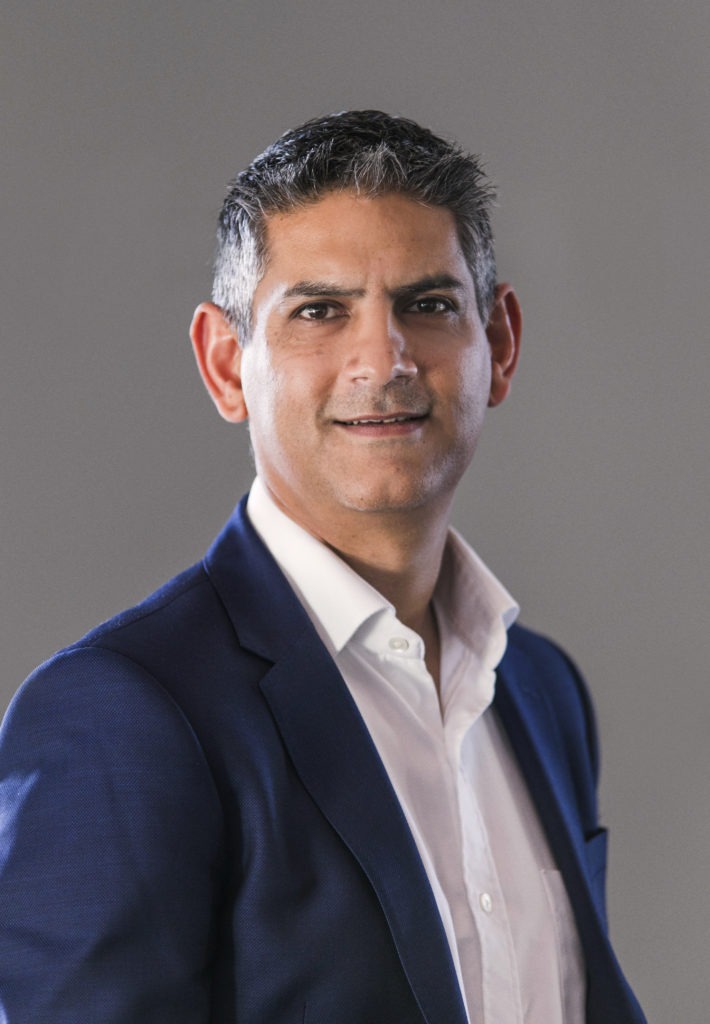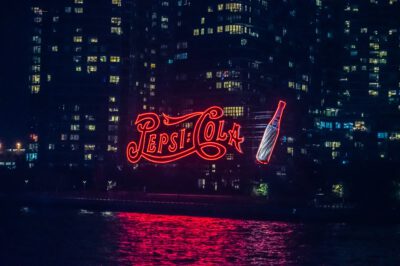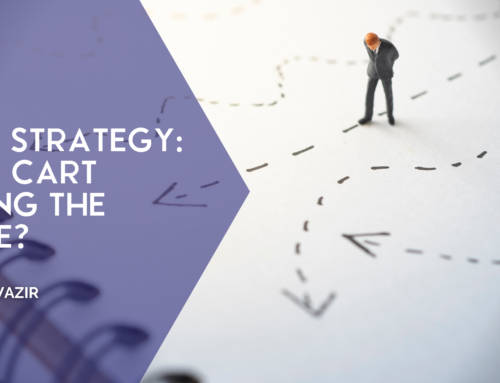Why Your Strategy & Sacrifice go hand in hand
 An article by Dhiraj Wazir, CEO ROCCO STRATEGY
An article by Dhiraj Wazir, CEO ROCCO STRATEGY
In previous blog (you can read the blog here) I wrote about how you can find out if you have an effective strategy by asking yourself 4 simple questions, and then asserting that if the answer to any of these was ‘B’, then your strategy may not be as robust as you think. After looking at the first question here, let’s take a deeper look at the second question.
2. Have you made:
A) Hard choices, Things that you WON’T be doing.
B) Trying to do a little bit of everything?
Unfortunately, when it comes to strategy a truism that most ignore (perhaps because I just made it up now) is that: You can cut no ice, without sacrifice.
Sure, it’s one of the hardest things to do, but it forms a core part of every successful strategy. Most businesses find it very hard to say NO to a nice little revenue stream. However what businesses fail to do is look at the opportunity cost, brand positioning and perception, skill sets and expertise amongst other things that all need to come together to build a successful commercial offering.

This is where hard choices are important, in any competitive market (like ours) to cut through, your strategy must have the power of a laser rather than a broad coverage of say a flood-light. It is by focussing all its energy at a small point, that a laser is able to cut through and drive change. I assume most people reading this blog also have very limited resources available to them (I doubt the likes of Elon Musk or Bill Gates have discovered these blogs yet!). If not anything else, just this fact should be enough of a drive to focus one’s energy, for in a competitive world if you can’t do a job well, someone else will come along and do it better than you and cheaper than you.
It was not a very long time back, when I was part of a product team which was 20+ strong at a Tier 1 MNO. Whilst I was screaming for more attention on roaming (being the roaming product manager), the team was trying to launch a music product, a TV product, WiFi service, a tablet device etc, etc. I’ll not waste your time or insult your intelligence by telling you which one of these were successful. I’m not for a minute saying that companies should not be innovative and try to launch new products and services, but in a competitive market “lets also try that” just does not cut it. Perhaps if we had focussed on one of those, we may have even got somewhere. It’s something like betting on a horse, if you bet on all the horses in a race, sure one of your horses will win, but overall you are going to lose.
It’s also not really only a question of resources, let’s look at 2 of the biggest companies in the world often cited as the best marketeers with deep pockets with billions of dollars to invest.
Going back to a time when there was world beyond the likes of Google, Facebook and Apple, it was PepsiCo and Coca Cola who everyone looked up to for their marketing finesse and strategic thinking.

In the 1990’s Pepsico owned 3 of the 7 largest food chains in the US. They had Pizza hut, KFC and Taco bell, they had more than 24,000 restaurant units while even McDonalds had only around 14,000. Although revenue wise PepsiCo had almost double the revenue of Coca Cola, when it came to Market Cap, it was the other way round … Cola Cola had more than double the market capitalisation of Pepsico! And when compared to McDonalds, whilst Pepsico had many more restaurants it could barely scrape up a margin of just over 4% whilst McDonalds enjoyed a healthy margin of 15%.
The writing was on the wall, what was missing was focus. Pepsico was fighting too many battles on different battlefields. A larger army was no good because they were spread so thin.
Fast forward to today, PepsiCo is out of the restaurant business and its market cap is nearly $220 Billion … much closer to Coca Colas’ $245 Billion. It could not have been an easy decision to sacrifice nearly $14 Billion dollars in revenue that came from its restaurant business! But what the management realised was that because they were not focussed, they were only half as valuable as their competitor, and certain sacrifices were in order. The results as they say, speak for themselves.
If you’d like to talk about the issues raised in this and previous strategy blogs, write to us at hq@rocco.group we’d love to hear from you and assist you in your journey to have a strong, sustainable and a robust strategy.



